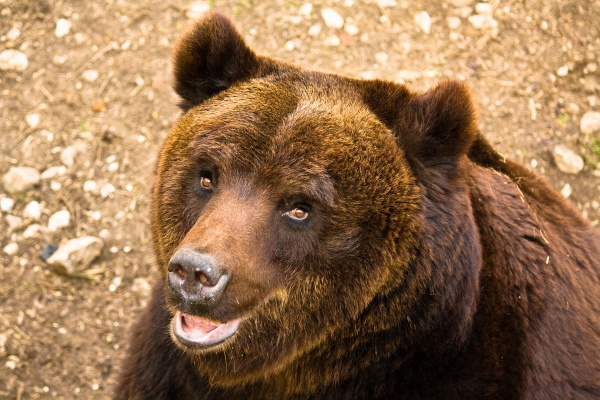Facts About Marsican brown bear
The Marsican brown bear, also known as the Apennine brown bear, is a critically endangered population of the Eurasian brown bear found in Italy, particularly within the Parco Nazionale d'Abruzzo, Lazio e Molise. This bear species is notable for its calm demeanor and smaller size compared to other brown bear subspecies. Its diet is diverse, primarily consisting of berries, although it occasionally hunts small animals.
Like other brown bears, the Marsican brown bear is predominantly nocturnal, except during mating and cub-rearing seasons. Mating season occurs between May and July, with cubs being born in early winter. Initially dependent on their mother's milk, these cubs grow rapidly and become independent within a few months.
The bear's diet consists of a variety of foods, including buckthorn berries, meat, and various plants. However, their habitat in the Apennine Mountains is threatened by factors such as habitat loss, accidental poisonings, vehicle collisions, and human conflicts. To address these issues, conservation initiatives like ecotourism, habitat preservation, and programs such as the Piano d'Azione Nazionale per la Tutela dell'Orso Bruno Marsicano (PATOM) have been implemented.
Thanks to these efforts, poaching has decreased, and habitat conditions have improved for the Marsican brown bear. Nevertheless, the bear remains critically endangered, with only about 50 individuals left in the wild. The Italian government, along with the European Union, has launched various conservation projects to protect this bear and its environment. Despite these efforts, the Marsican brown bear's future remains uncertain, and continued conservation actions are essential for its survival.

 Switzerland
Switzerland